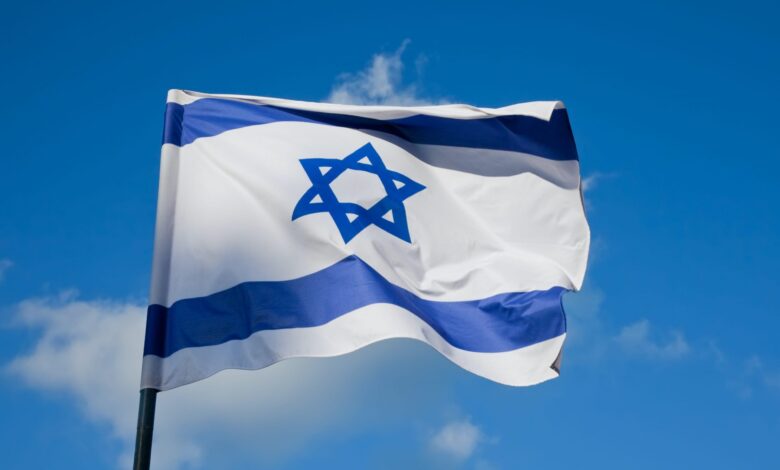Israel opens temporary corridor for Gaza civilians amid intensified assault

Israel’s military announced on Wednesday, that it had opened a temporary evacuation route out of Gaza City, one day after launching a sweeping ground operation against Hamas in the densely populated enclave.
The new corridor, located along Salah al-Din Street, will remain open for 48 hours beginning Thursday at midday, according to military spokesperson Colonel Avichay Adraee.
The route runs through the center of Gaza and is intended to give civilians another path to flee toward the south. Until now, residents had been directed primarily to the coastal road leading toward a designated “humanitarian zone” in Al-Mawasi.
The announcement came as Israeli forces pressed deeper into Gaza City following an overnight bombardment that leveled residential areas and intensified what observers described as one of the heaviest assaults in months.
The United Nations estimated that about one million people remained in and around Gaza City as of late August.
Israeli officials now say more than 350,000 residents have fled south in recent days, though many Palestinians insist there is nowhere truly safe inside the strip.
“We pulled the children out in pieces,” said Abu Abd Zaquout, standing amid the rubble of a destroyed apartment block in northern Gaza. “Why kill children sleeping safely in their beds?”
Gaza’s civil defense agency, overseen by Hamas, reported at least 44 deaths from Tuesday’s bombardments. Independent verification of casualties has remained difficult due to restricted access for journalists and aid groups.
The fighting comes as the UN Independent International Commission of Inquiry accused Israel of committing genocide, citing remarks by Prime Minister Benjamin Netanyahu and other senior officials as incitement.
Commission chair Navi Pillay told reporters that “genocide is occurring in Gaza and is continuing to occur.”
Israel dismissed the findings, calling them “false and politically motivated,” and demanded the panel be disbanded.
The war, now approaching its second year, began after Hamas’s October 2023 assault on southern Israel that killed 1,219 people, mostly civilians.
Since then, Israel’s retaliatory campaign has left at least 64,964 Palestinians dead, also largely civilians, according to figures from Gaza’s health ministry that the UN has deemed credible.
Israeli officials estimate between 2,000 and 3,000 Hamas fighters are still positioned in central Gaza City, while roughly 40 percent of residents have evacuated.
Hamas has condemned Israel’s campaign as “systematic ethnic cleansing targeting our people.”
Calls for restraint are mounting. Qatar on Wednesday, denounced the offensive as “an extension of Israel’s genocidal war,” while France warned the military campaign “no longer has any logic” and urged renewed ceasefire talks.
The tensions also spilled into diplomacy. During a visit to Doha, US Secretary of State Marco Rubio urged Qatar’s emir, Sheikh Tamim bin Hamad Al Thani, to continue serving as a mediator.
Israel had carried out a strike in Doha last week that killed five Hamas members and a Qatari security officer, complicating Qatar’s role.
Despite the appeals, Israeli leaders maintain that the operation is necessary to “eliminate Hamas strongholds” in Gaza City, even as civilians scramble to escape through the newly opened corridor.





